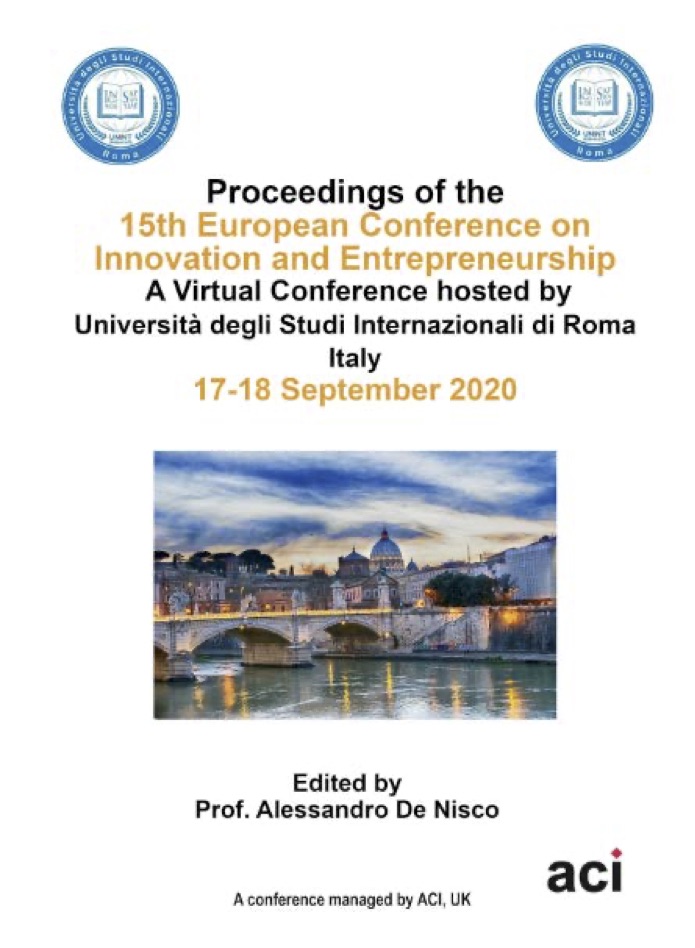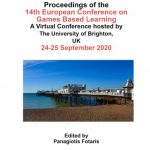Paper on Application of Narrative Theory in Project Based Education

In September 2020, I attended the 15th European Conference on Innovation and Entrepreneurship ECIE 2020 hosted by Università degli Studi Internazionali di Roma (UNINT) in Rome, Italy. Due to the COVID-19 pandemic, the conference was held in a remote format. I presented a research paper called “Application of Narrative Theory in Project Based Software Development Education” via ZOOM.
Abstract: University of Naples Federico II (Italy) utilises the Challenge Based Learning (CBL) methodology in its nine months formative education program focussing on software development for the Apple technology ecosystem offered for ~400 students per year. The collaborative and self-guided, inquiry-based learning method focuses on intrinsic motivation of learners that work on real world problems organised in projects (Challenges in CBL) with an experiential and progressive approach. The program is a guided immersion into reality that is entrepreneurial in nature, rather than just a simulation of hypothetical projects. In academic years prior 2019/2020, the overall program was designed as a sequence of independent Challenges, which was identified as an area for improvement. The need for an overarching connection between Challenges to better foster individual engagement in individual learning units prompted the introduction of narrative theory to design the learning experience for the future. Academic research illustrated benefits of storytelling for creating engaging learning experiences in higher education. Building on scientific findings, the authors present their educational experience design as a cohesive journey within a communal learning environment with a coherent and interconnected structure of learning Challenges to empower learners to take ownership of basic entrepreneurial skills as a set of tools to complete the program. As a result, the experience is designed with a narrative layer, representing the learners’ journey with a classical monomyth dramaturgic sequence – the hero’s journey – to drive student engagement, better interconnect between the sequence of Challenges and interweave individual and communal learning paths. Outcomes indicate further areas to be investigated to better support leaner autonomy and agency and to qualify the experience with narrative presence. Lastly, the authors present action points to develop this approach further into an emergent narrative system to manage and adapt the educational journey as it develops, rather than scripting it.
cite as: Recke, M.P. & Perna, S., 2020. Application of Narrative Theory in Project Based Software Development Education. In Proceedings of 15th European Conference on Innovation and Entrepreneurship ECIE 2020. 16-18 September 2020, Rome, Italy, pp. 538–544. DOI: 10.34190/EIE.20.040.
The paper is connected to work done at the University of Naples Federico II’s Apple Developer Academy, where my co-author Stefano Perna and myself are faculty members. In various other publications we explored concepts of narrative theory in context of learning experience design and how it can be leveraged in active learning environments.
Related


